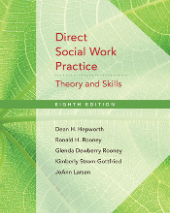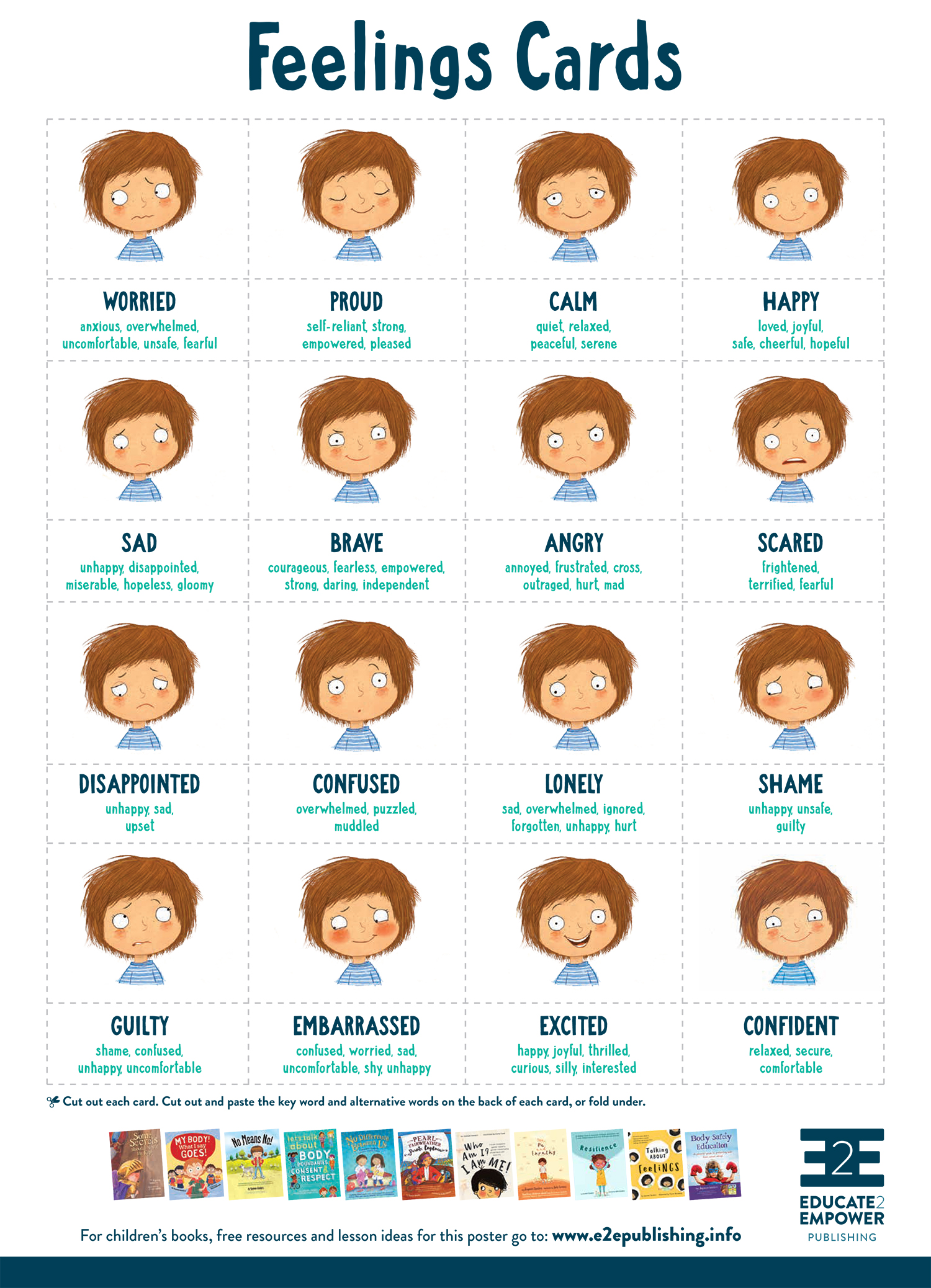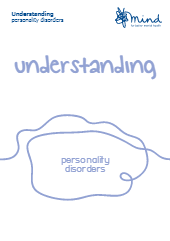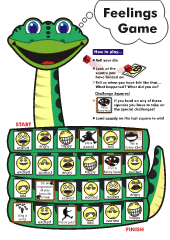Social Work and Empowerment by Robert Adams

Direct Social Work Practice: Theory and Skills
“Direct Social Work Practice: Theory and Skills” by Dean Hepworth and colleagues is a foundational textbook that provides comprehensive coverage on the application of theory to practice in social work. It equips readers with essential skills and theoretical knowledge necessary for effective client engagement, assessment, intervention, and evaluation. The book emphasizes the importance of understanding diverse client populations and the use of evidence-based practices. It includes detailed case examples and skill-building exercises to enhance learning. This text is widely used in social work education for its in-depth exploration of the practitioner-client relationship and its focus on ethical, practical approaches to solving complex problems.


Human Growth and Development An Introduction for Soical Workers
“Human Growth and Development: An Introduction for Social Workers” is a vital resource delving into the psychological and social aspects of human development, tailored specifically for social work practitioners and students. This comprehensive guide covers key theories and concepts, providing practical insights to enhance understanding and application in real-world scenarios. With its accessible language and focus on social work practice, this book is essential for those seeking to navigate the complexities of human development within their professional roles.

Applied Psychology for Social Work
“Applied Psychology for Social Work” by Ewan Ingleby is a comprehensive guide that integrates psychological theories with social work practice. The book provides insights into how psychological concepts can be used to understand and address social issues. It explores various psychological approaches and their relevance to social work, including developmental, cognitive, and behavioural perspectives. The text is designed to help social workers apply psychological knowledge to improve their practice and better support their clients. It is a valuable resource for both students and professionals in the field of social work.

Child Abuse and Neglect: Attachment, Development and Intervention
“Child Abuse and Neglect: Attachment, Development and Intervention” by David Howe explores the profound impact of abuse and neglect on children’s development. The book discusses how early attachment relationships influence emotional and behavioural outcomes. Howe explains the various ways in which neglect and abuse can disrupt normal development, leading to a range of issues. The text also emphasises the importance of early intervention and effective therapeutic approaches to support affected children. This comprehensive guide is essential for professionals working to understand and mitigate the effects of child maltreatment.

Communication and Interpersonal Skills in Social Work
This book by Juliet Koprowska explores the essential communication and interpersonal skills required in social work. It addresses fundamental areas like building trust, empathy, and reflective listening, which are crucial for establishing positive relationships with service users. Through practical examples, the book highlights how effective communication can help social workers assess needs, manage difficult situations, and support individuals in diverse settings. It’s an ideal resource for both students entering practice and experienced professionals seeking to enhance their relational skills in social work.

Critical Practice in Social Work

Handbook for Practice Learning in Social Work and Social Care









